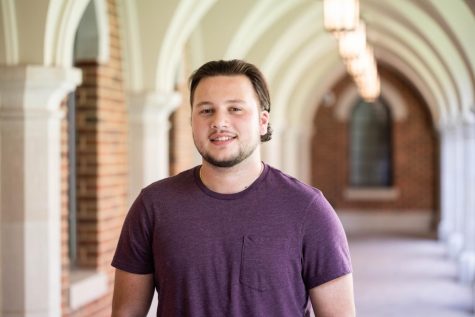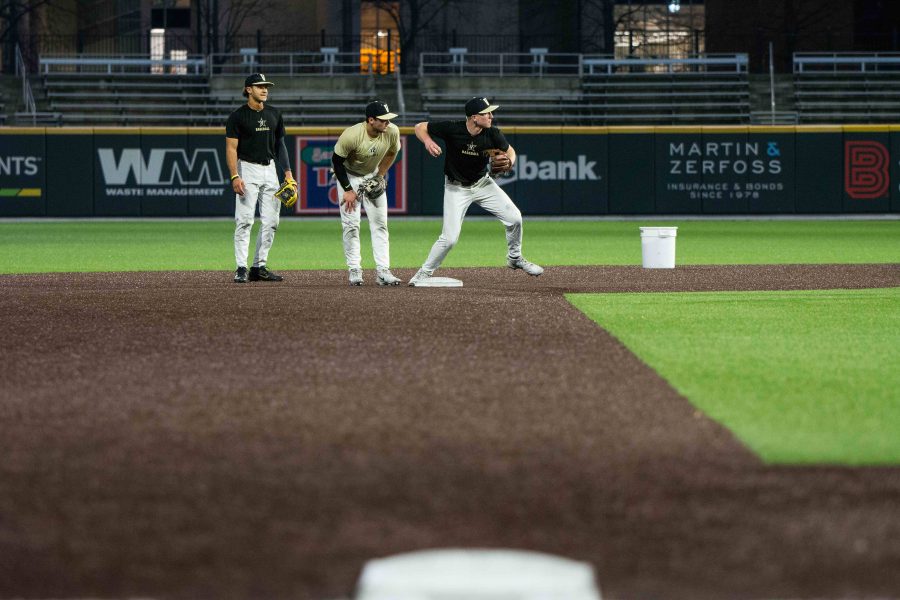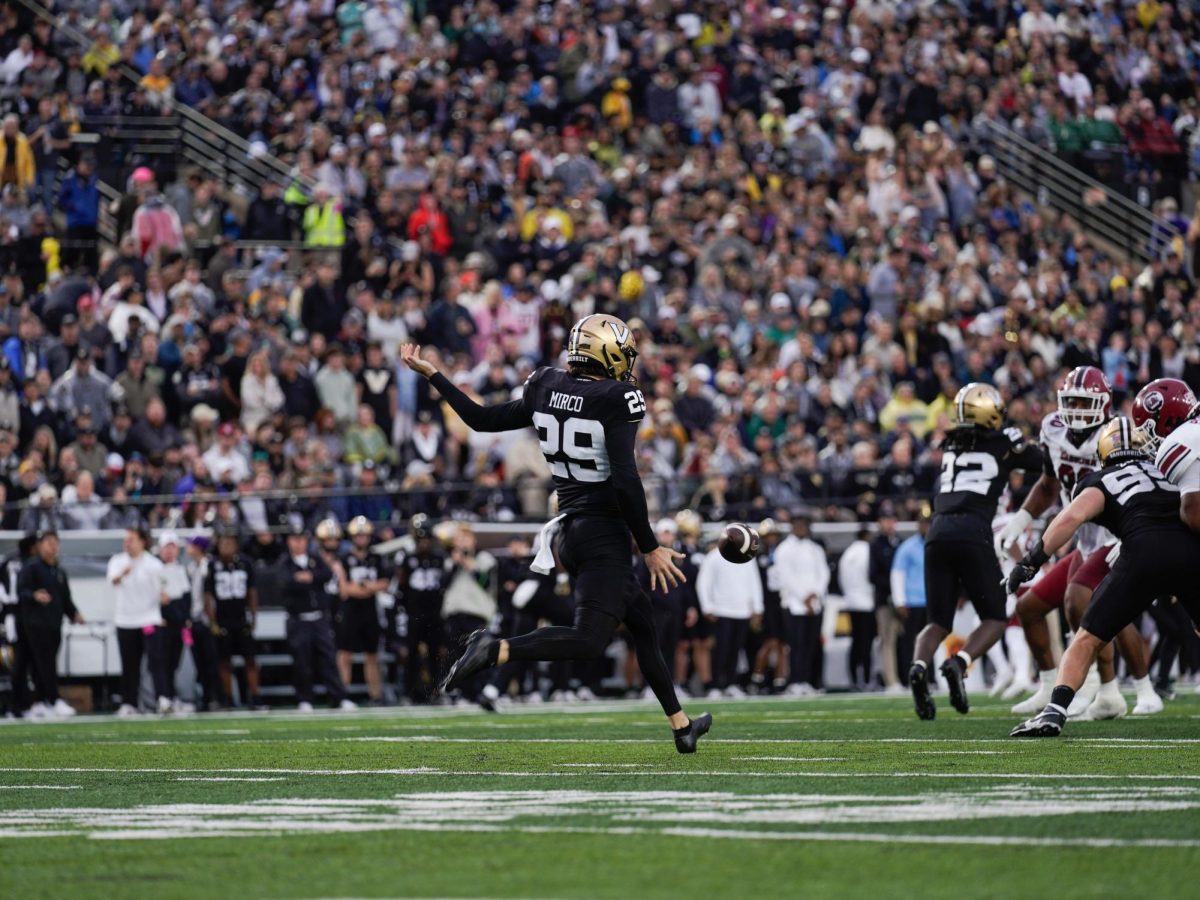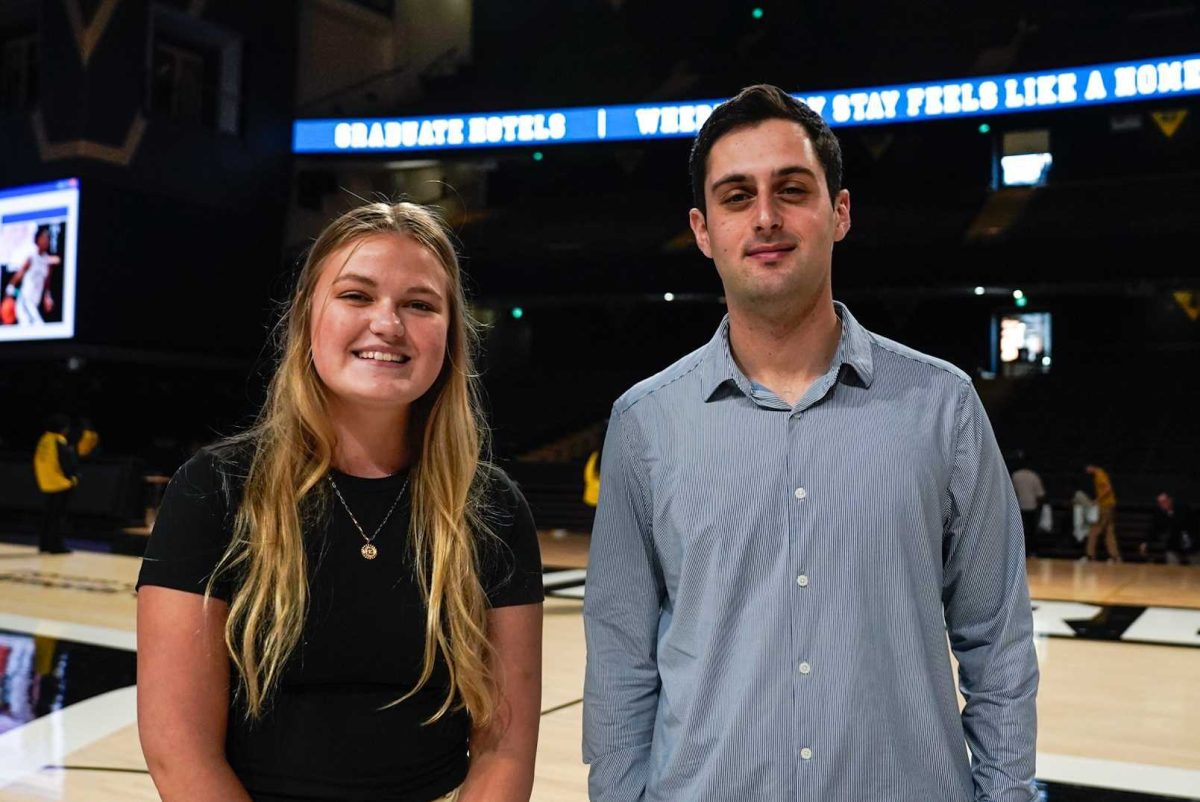For most baseball players, home is in the field. Home is a wide open patch of grass with the sun beating down, where the only sound to be heard is the crack of the bat hitting the ball. Home is anywhere that embraces the pastoral nature of a simple game.
For Pat DeMarco, home couldn’t look more different.
Home is an asphalt jungle with a skyscraper to his left and a bridge to his right. In the Big Apple, open grass is scarce, and the sun is far from a guarantee. So when spring rolled around, Pat, taking batting practice in a bubble, knew there had to be something better.
The bubble was Poly Prep’s baseball facility in Brooklyn, where DeMarco and his teammates were training for the upcoming season. While the snow covered the dirt base paths and the outfield grass, the team was forced to practice indoors, and for a ballplayer like DeMarco, there was no worse feeling than being inside during baseball season. That’s when he and his father came up with an idea, one that probably wouldn’t even cross the minds of most teenagers around the country.
He wanted to move to Georgia.
The idea didn’t come out of thin air. It started more than a year prior to the DeMarcos’ conversation, when a couple of coaches watched a pitcher named Nick Storz throw off a mound. Storz, a 6’6” flame-throwing right-hander, currently plays for the LSU Tigers and is a former high school teammate of DeMarco’s back at Poly Prep. After watching Storz throw, coaches from Team Elite, a travel baseball team stationed in Georgia, called Matt Roventini, Poly Prep’s head baseball coach, to see if Storz would be interested in pitching for them the following summer. They also asked Roventini if he would recommend any of his other players to play with Team Elite. He gave them just one name.
When Pat’s father, Paul, was asked if his son would want to play his summer ball in Georgia, his answer came quicker than a 90 mile-per-hour fastball.
“No-brainer.”
Pat didn’t need much convincing either.
“Baseball in the South, that’s where it’s at,” said Pat. “The weather, you’re out in the field twelve months a year. You don’t have to really sit inside and wait for the snow to melt off. It’s just a better environment.”
By his sophomore year at Poly Prep, DeMarco had already established himself as one of the team’s elite players. The Staten Island native was in his third season with the varsity squad, having started when he was just an eighth grader. The team had won the State Championship in each of DeMarco’s first two years there. Before he even stepped on a baseball field in Brooklyn, his teammates and coaches knew he was going to be a star.
“He was just pretty much a man-child from the beginning,” said Andrew Ehrenberg, DeMarco’s teammate at Poly Prep. “I’ve never seen someone in eighth grade just easily deadlift three plates. I would watch him to perfect my form.”
Spending most of his time in center field, DeMarco would draw comparisons to Mike Trout from his coaches and teammates, who marveled at his combination of power and grace.
“He has that build,” said Ehrenberg of the Trout comparison. “He hits for average, hits for power, has speed. He’s a five-tool player.”
DeMarco started every game in his freshman and sophomore seasons, dominating opposing pitching en route to All-Brooklyn Baseball first-team honors. Scouts and recruiters started to line the stands, including Travis Jewitt, Vanderbilt’s hitting coach. It wasn’t long before Vanderbilt extended an offer to DeMarco, who then committed his sophomore year.
DeMarco’s commitment to Vanderbilt effectively put him all-in on baseball, forcing him to quit his other passion of football, which he excelled at for Poly Prep. His high school teammates say that he easily could have played college football had he chosen to go that route.
“Growing up I was all for football,” said DeMarco. “I wanted to go to Navy and be a running back. Once I ended up committing to Vandy sophomore year I was like, ‘I’m just going to go baseball.’ My passion is baseball.”
Even with his collegiate fate sealed, though, DeMarco still knew he had room to grow as a ballplayer to compete at the next level, and New York in the spring wasn’t going to help him do that. Playing summer baseball in Georgia wasn’t going to cut it either. He wanted to be there full time. That’s when he and his dad brought the idea of moving to his mother, Patricia, who wasn’t thrilled about it initially.
“When he first brought it to me, I said, ‘we need to get the blessing of your mom. As long as mom approves of it, then we’ll go from there.’” said Paul. “My wife said, ‘Yes if that’s his dream, that’s worth sacrificing.’”
Patricia DeMarco didn’t move to Georgia with her son, so Paul lived with Pat for all but a few days a month, when he would travel home and stay with his wife. Paul works trading commodity futures, so he was able to move to Georgia and continue to work needing only an internet connection. The family’s other four kids had all graduated college and moved out of the house, leaving Patricia as the lone DeMarco at home for most of the year.
“I’d say to Pat all the time, ‘You really have to thank your mom, because I get to see you play ball and I get to experience this, but your mom is missing her husband for 27 days out of the month in order for you to chase your dream,’” said Paul.
Having made their decision to move, father and son now had to find a house and school for Pat’s junior year. The DeMarcos quickly settled on Winder-Barrow High School, where Pat would play alongside several of his summer ball teammates.
Finding a place to live didn’t prove to be too difficult either. After a few calls, Paul rented a house that a Winder-Barrow coach’s grandmother had previously lived in, but was now empty. What was originally a temporary residence turned into their home in Winder, Georgia. The duo would live there for almost the entirety of each month, and Pat would stay with a teammate for the remaining few days when Paul returned to Staten Island.

Pat picked up right where he left off on the diamond, enjoying the increased exposure to playing outside in the traditionally colder months. In his first year with Winder-Barrow, DeMarco hit .450 with 14 home runs and 49 RBI in just 32 games. He was named an All-American and Georgia Player of the Year, a distinction carried by many prominent Major Leaguers like Buster Posey, Adam Wainwright, Jeff Francouer, and Dexter Fowler.
Through it all, DeMarco still holds on to part of his New York culture. He still prefers food in the big city to food in the South, and still carries around a hint of that Staten Island accent.
“I’ve been told my accent changes depending on who I’m around,” said Pat. “I’ll go back to New York and be like, ‘What’s up bro, you want some water,’ and then come down here and it changes back to ‘Y’all.’”
Now at Vanderbilt, DeMarco hasn’t skipped a beat. He is hitting .310 on the year, leading the team with 36 hits. Tim Corbin feels lucky to have him, and he still remembers the time he first heard about his new center fielder.
“I’ll never forget the phone call. [Jewitt] said, ‘Corbs, this is a baseball player,’ and he was right. That’s who he is. And finding kids with that energy and personality is tough to find. It really is, but boy it has a big effect on your team.”
Looking at the success he has had over the past few years, DeMarco said he never once doubted or regretted any part of his journey. His father echoes that sentiment.
“If I had to do it over again, in a heartbeat I would,” said Paul.
With the success DeMarco is having, it’s hard to blame either of them. Pat looks destined to join some of the great Major League ballplayers out of the state of Georgia. And while his path to get there might have been different, his final destination is just the same.








